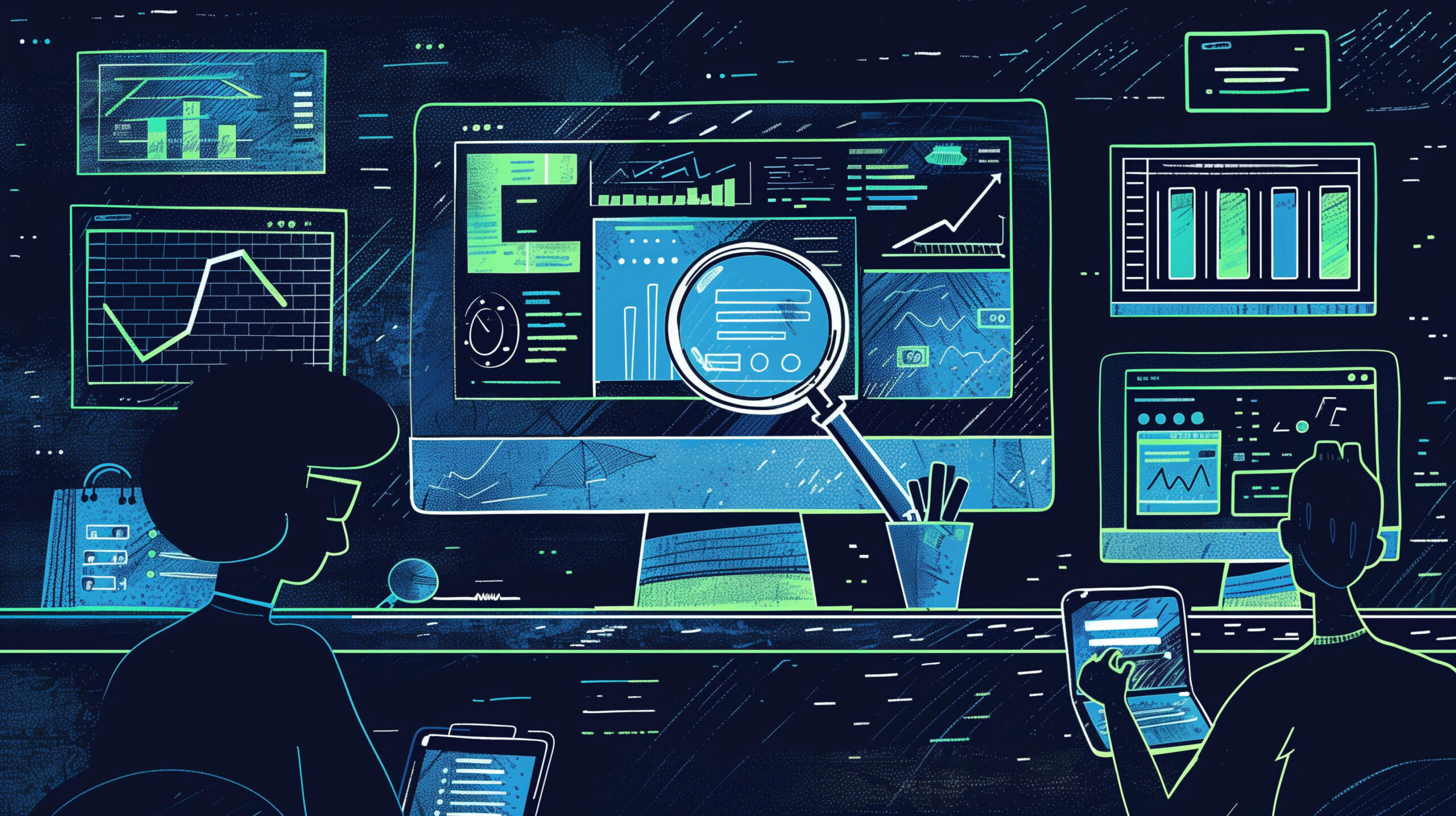It has become our daily reality, we live surrounded by news about constant technological innovations. Every week a new artificial intelligence tool appears promising to change everything, and we must admit that staying informed is already a challenging exercise in itself.
The speed at which everything around us is moving generates a sensation somewhere between vertigo and anguish: it's the famous FOMO (fear of missing out), which no longer belongs only to the realm of social media or consumption, but has also managed to infiltrate our professional routine.
The paradox of the situation is that this fear is not so much a technologically grounded concern as a cultural issue. We have become accustomed to measuring success, individual or organizational, by how quickly we adopt what's new, not by how deeply we understand it.
From anxiety to continuous learning
When, as is happening right now, AI bursts into all sectors of the economy, many feel they're arriving late to a race without a finish line. But the key is not to know everything, which is completely impossible anyway, but to learn to relate to technology with meaning and direction.
Integrating AI is more like learning a language well than following a crash course: it requires practice, consistency and tolerance for error. It's not about memorizing commands or mastering every tool, but about understanding what we want to achieve with its help.
The change that begins in the way we think
Artificial intelligence doesn't just transform processes: it reconfigures the way we make decisions. Adopting it meaningfully means stopping to reflect on what adds real value and what simply adds noise. Throughout this time we have accumulated experiences of both types.
Rather than running after every update, we need spaces for pause and judgment. Deciding when and why to use a technology is as important as mastering it. When you think about it, the number of technologies at our disposal is so high that what's really important is knowing how to select them correctly.
From chasing to practicing
Many experience AI as a race that never ends. But real progress doesn't come from speed, but from consistent practice with purpose. Incorporating technology at our own pace turns anxiety into learning and curiosity into judgment.
In the marketing field, this philosophy also makes a difference: AI applied to content marketing demonstrates that automation only works when combined with a human and coherent vision.
Conclusion: breathing to decide better
Artificial intelligence should not be a source of anguish, but an opportunity to rethink how we learn and decide. The real challenge is not staying up to date, but maintaining the clarity to choose what deserves our attention.
In this technological marathon, the winners are not those who run fastest, but those who know when to stop, breathe and move forward with purpose.

Ignasi Llorente
Construint el relat d´un futur que ja ha començat | CEO a utopiq.io - Partner at agenciakarmina.com | Filosofia de la Ciència (UPenn) - Ètica de la IA (LSE) | Més de 20 anys d'experiència al camp de la comunicació i les relacions institucionals.


